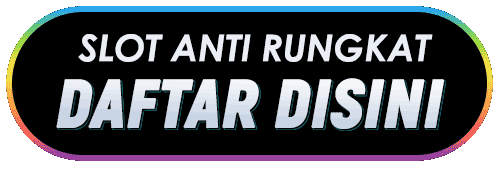Slot Gacor
WIN88
Couldn't load pickup availability
Selamat datang di WIN88 situs judi slot gacor dan slot online resmi hari ini, WIN88 adalah tempat bermain yang dapat menjadi sumber penghasilan banyak pemain karena permainan yang disediakan sangat mudah untuk dipahami serta kemenangan yang diberikan cukup besar untuk didapatkan saat kamu bermain di situs slot gacor Win88 hari ini. Dengan banyaknya situs slot online yang hadir di Indonesia, kami menyediakan rekomendasi deposit yang sangat mudah yaitu deposit via pulsa dan ewallet yang dimana cukup scan barcodenya saja, kamu bisa dapat bermain slot online langsung karena proses deposit yang sangat cepat.
Slot WIN88 telah menjadi situs slot online paling populer di kalangan anak muda Indonesia dan banyak di sukai karena promosi yang banyak dan jackpot maxwin terbesar gampang didapatkan disini. Oleh karena itu sebagai situs judi slot online kami siap menjadi tempat anda bermain, dimanapun anda dapat bermain di situs kami cukup dengan bermodalkan smartphone saja. Akses untuk login dan bermain sangat mudah dan moderen dengan tampilan yang kekinian.
Daftar di situs slot online WIN88 memberikan double bonus setiap minggunya tanpa syarat, kamu cukup mendaftar dan melakukan deposit, maka double bonus akan diberikan disetiap hari selasa tanpa harus claim. Dengan jaminan bonus dapat langsung di withdrawkan. Dengan kamu bermain di situs WIN88 kamu bisa mendapatkan banyak kemenangan besar dan bonus tanpa batas yang tanpa khawatir kamu kehabisan saldo. WIN88 adalah situs pilihan terbaik saat ini karena terjamin aman dan terpercaya di kalangan pemain slot gacor
Share


